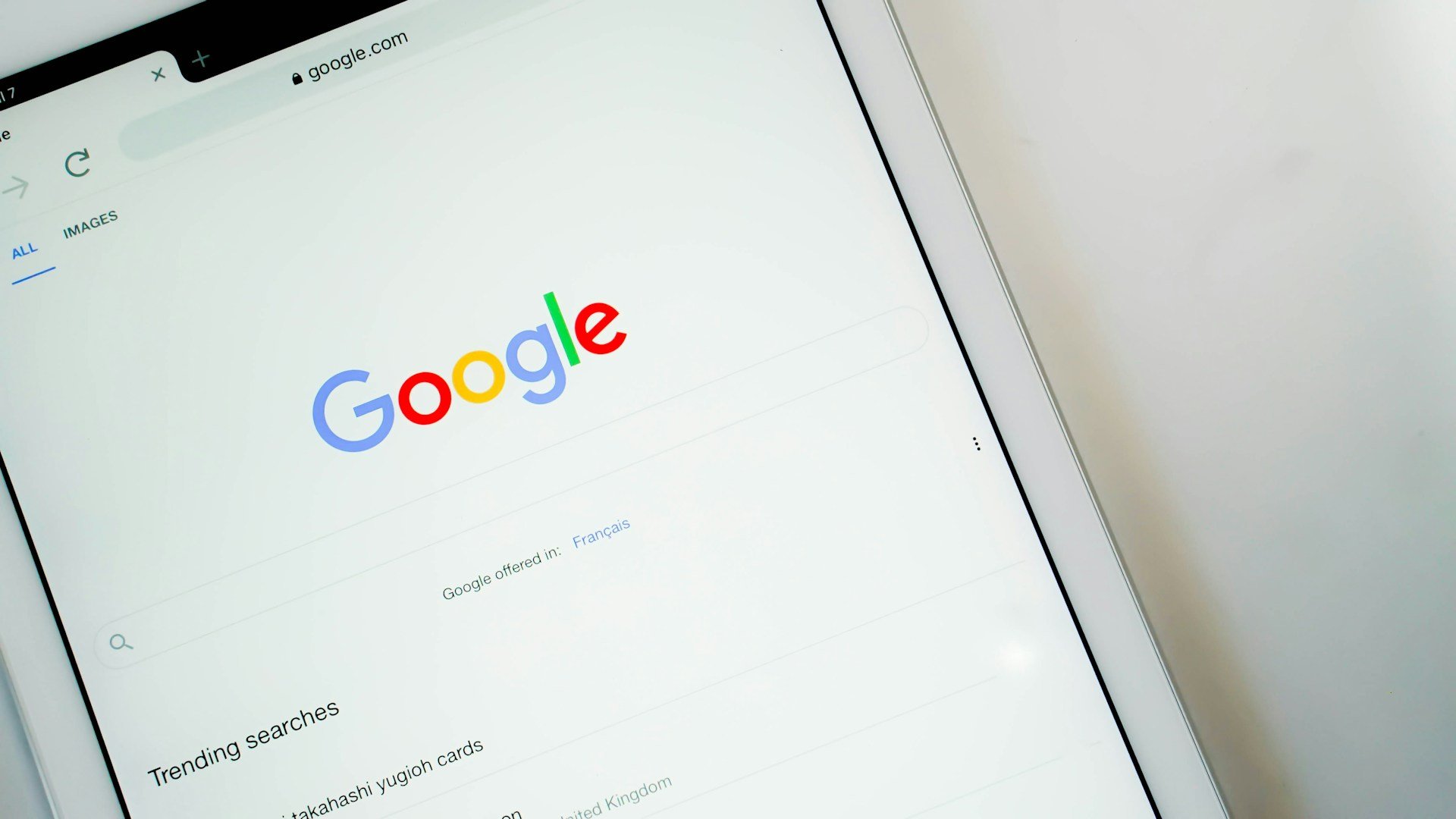How Wikipedia Pages Influence Google Knowledge Panels
Have you ever searched for a company, person, or brand on Google and noticed a neatly packaged information box appear on the right-hand side of the search results? That’s a Google Knowledge Panel—and it's one of the most powerful ways to establish authority and presence online. What many don’t realize is how often Wikipedia plays a role in building these panels.
For businesses and individuals focused on increasing visibility and credibility, understanding the connection between Wikipedia and Knowledge Panels is crucial.
What is a Google Knowledge Panel?
A Google Knowledge Panel is an information box that appears in search results, providing a snapshot of details about a person, place, organization, or topic. These panels pull data from various trusted sources across the web, and Wikipedia is one of the primary contributors.
A typical Knowledge Panel might include:
A brief summary
A featured image
Links to social profiles
Key facts (birthdate, location, founder, etc.)
Company or individual name
This quick-access format provides searchers with an at-a-glance understanding—before they even click on a link.
Why Wikipedia Holds Weight
Wikipedia is one of the most trusted platforms on the internet due to its rigorous editorial guidelines, neutrality, and notability requirements. Google often pulls structured information from Wikipedia pages because the data is sourced, verified, and maintained by a broad contributor base.
When a notable figure or brand has an active Wikipedia page, Google may use that content to populate the Knowledge Panel. This makes Wikipedia a bridge between what users search and how information is displayed.
How a Wikipedia Page Can Trigger a Knowledge Panel
Here’s how the connection often works:
Creation of a Verified Wikipedia Page
When a page meets Wikipedia’s notability guidelines, it’s more likely to be indexed by Google. If the topic is well-sourced and comprehensive, Google may associate that data with the search query.Structured Data and Infoboxes
Wikipedia uses infoboxes—tables on the right side of a page that summarize key details. These boxes often align with what appears in a Knowledge Panel, making them easy for Google to scan and incorporate.Authority and Consistency
If the Wikipedia page aligns with other verified online data—such as social media profiles, official websites, and news articles—Google has more reason to trust and display it in a Knowledge Panel.Google Knowledge Graph Integration
Once Wikipedia data enters Google’s Knowledge Graph (a system that connects facts across the web), it may appear in search results through a Knowledge Panel.
The Benefits of Being Featured in a Knowledge Panel
Appearing in a Google Knowledge Panel offers several key advantages:
Increased credibility
Faster trust-building with searchers
Improved visibility for your brand
Higher click-through rates due to enhanced SERP presence
At Lumino Digital, we’re helping clients to gain visibility online, including understanding how platforms like Wikipedia interact with search engines.
Challenges of Relying on Wikipedia
While the influence of Wikipedia is undeniable, it’s not always a straightforward path. Not every business or person qualifies for a page, and the content must remain neutral and verifiable. Pages are also subject to community editing, meaning companies can’t always control every detail.
This is why many businesses seek help from experienced contributors who understand Wikipedia’s content policies and editorial standards. Lumino Digital is a top Wikipedia writer in the US who make a difference in how content is positioned and maintained over time.

